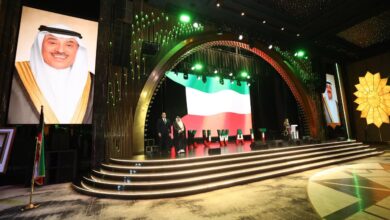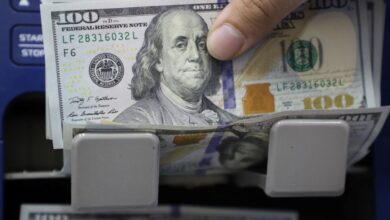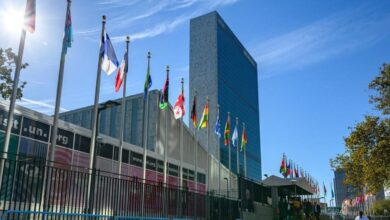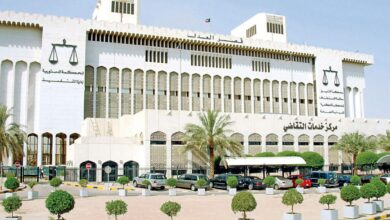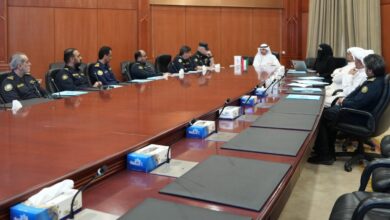
The World Banks Board of Directors has approved USD 90 million in additional financing for the Horn of Africa Initiative: Djibouti Regional Economic Corridor project.
The new support will expand the scope of the USD 70 million original project, approved in December 2021, to enhance regional connectivity and resilience, logistics efficiency, and improve accessibility for the population living in Djibouti along the Djibouti-Addis Southern corridor, the bank said in a press release late Thursday.
The project is part of a broader initiative for regional integration in the Horn of Africa, encompassing Djibouti, Eritrea, Ethiopia, Kenya, and Somalia.
Launched in 2019, the Horn of Africa Initiative aims to deepen regional integration and foster closer economic ties, it added. The new financing will support the rehabilitation, improvement, management, and maintenance of three sections of the Southern Corridor Road.
It will also finance activities aiming at supporting transit facilitation to support regional integration and provide technical assistance to the Government of Djibouti, it noted.
“This additional financing will help Djibouti to further strengthen its position as a regional trade hub and improve the lives of its people,” said Ousmane Dione, the World Bank Vice President for the Middle East and North Africa.
“The project will also contribute to the countryآ‘s efforts to achieve its Vision 2035, which aims to diversify the economy and enhance social inclusion,” he added.
Djibouti’s strategic location at the crossroads of regional trade and connectivity has seen its importance grow significantly over the past decade.
Bordering the Red Sea, the Arabian Sea, the Indian Ocean, and the Gulf, the regional corridor is crucial for the movement of goods and services in the region, given Djibouti’s location on the Horn of Africa and its port facilities, according to the release.
The World Bankآ‘s portfolio in Djibouti consists of 19 projects worth a total of USD 401.3 million. The portfolio focuses on education, health, social safety nets, energy, rural and urban development, modernizing public administration, digital development, strengthening governance, infrastructure, and on private sector development, with an emphasis on women and youth.
Source: KUNA







